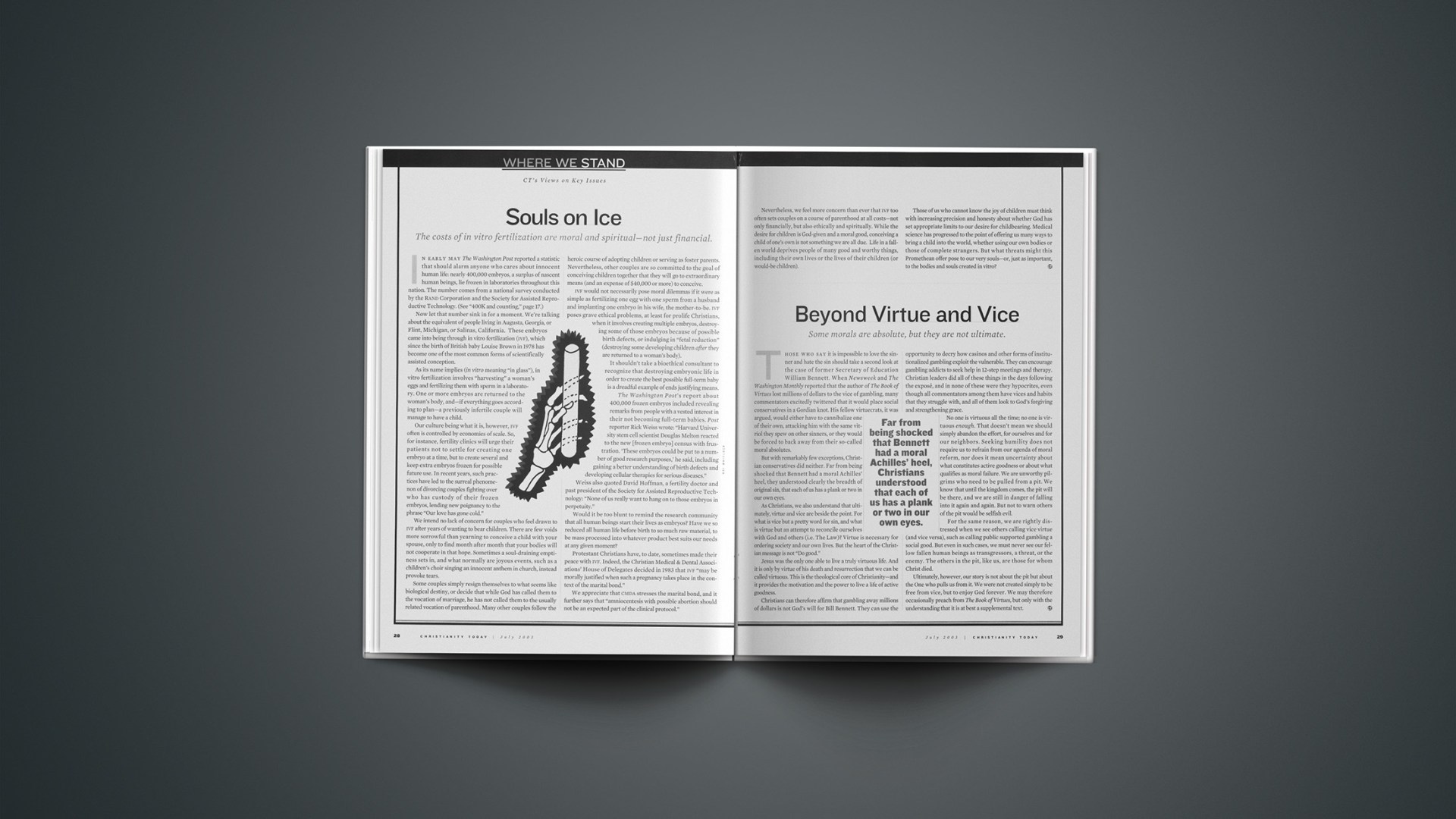Muslims are working to make Kadhi courts a formal part of the country’s new constitution, but Christians are fighting the move. They say the change would give preferential treatment to Islam.
Kadhi courts settle marriage and inheritance disputes between Muslims, and they have been legally recognized at the district level since Kenya’s independence in 1963. The Constitution of Kenya Review Commission (CKRC), responding to requests from Muslim groups, has proposed expanding Kadhi jurisdiction to civil and commercial disputes. Under the proposal, taxpayers would begin financing the Islamic tribunals.
Islam represents roughly 16 percent of the population. It is already the country’s fastest growing religion, at about 4 percent annually. Islam has gained more visibility in recent years. Muslims have opened dozens of new mosques outside of their traditional strongholds along the coast and in the country’s northwest.
Charitable work by Muslims has attracted converts amid an economy in which the average per-person income is stuck at around $340 a year. Kenyan Muslims offer free education to orphans in Nairobi’s sprawling slums. They also provide scholarships for college-age students to attend Arab universities. Muslim-run hospitals in Nairobi, such as Crescent Medical Aid and the Iran Clinic, offer subsidized medical services.
Muslims say strengthening the Kadhi court system is non-negotiable. “We are not going to compromise on the issue,” Abdulghaful El Busaidy, secretary general of the Supreme Council of Kenya Muslims, told CT. “It is the right of Muslims to have the courts.”
While a few Christians support an explicit constitutional reference to Kenya (which is 76 percent Christian) as a Christian nation, most want to keep religion—including Islam—out of the document. Justice Richard Kwach of the Court of Appeal told Christianity Today there is no reason to give Kadhi courts more powers.
“It is morally wrong, religiously wrong, and wrong in the law of God,” Kwach said.
The Evangelical Fellowship of Kenya, which represents 13 million evangelicals, has petitioned the CKRC to drop the proposal.
“If the new constitution will give special protection to Islam, which is a minority religion, then we will reject it in its entirety,” said Bishop Peter Mungai of the Gospel Evangelistic Churches.
Muslims say opposition to the courts is part of a Western-led anti-Islam agenda.
CKRC has been accused of pushing a pro-Islamic agenda, but Chairman Yash Pal Ghai denied it. “It would have been unfair not to have the wishes of Muslims considered,” he told CT.
CKRC delegates recessed on June 6. They will unveil the final draft this month. Parliament will have the final say.
— David Karanja in Nairobi
Copyright © 2003 Christianity Today. Click for reprint information.
Related Elsewhere
For more stories on Kenya, see AllAfrica.com and CT‘s World Report.










